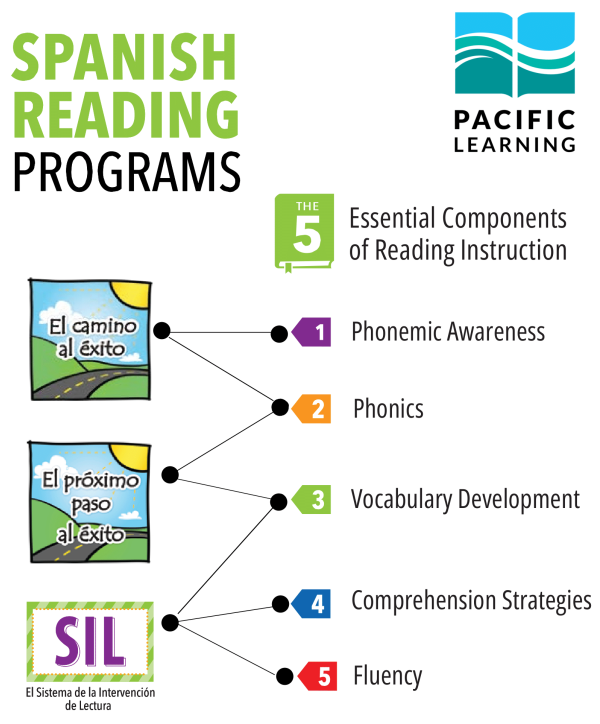Anti-Immigrant Rhetoric Has Consequences.
What Schools Can Do to Help
By Ileana Najarro
 Najarro observed that the consequences of false political rhetoric against immigrants have become evident after the presidential debate on September 10th. The misinformation about Haitian immigrants stealing and eating pets has resulted in bomb threats against schools and government buildings in Springfield City, Ohio, requiring the protection of state troopers and making children and their families feel unsafe.
Najarro observed that the consequences of false political rhetoric against immigrants have become evident after the presidential debate on September 10th. The misinformation about Haitian immigrants stealing and eating pets has resulted in bomb threats against schools and government buildings in Springfield City, Ohio, requiring the protection of state troopers and making children and their families feel unsafe.
Nevertheless, teachers can proactively counter this by providing support for immigrant students. Najarro cited the following recommendations from Missy Testerman, an ESL teacher in Tennessee and the 2024 National Teacher of the Year; Viridiana Carrizales, ImmSchools’ founder and CEO; and Astou Thiane, director of policy and advocacy at ImmSchools.
Testerman suggests that teachers talk one-to-one with students who may be bullied or harassed, and let them know that they can come to their teacher with these issues. Action is necessary if the bullying stems from strong opinions. She also proposes having lunch with new students in the classroom to help them feel more comfortable talking about their experiences.
When children are worried about what they might have heard, such as talk about deportations, Thiane recommends talking about it in class in a manner that is appropriate for the class depending on their age. Posters, flags, and cultural symbols can help students feel comfortable about their culture.
Testerman also states that principals and other staff in schools should communicate with families and try to correct misinformation. Carrizales advises that policies be developed and school personnel be trained about what to do if officials from immigration come looking for a student or member of their family. School leaders should also be able to recommend local organizations that can assist students’ families.
School personnel need to do their part, but support for students is not one sided. “‘Our immigrant families tend to be very, very supportive of schools and school personnel,‘ Testerman said. ‘They place a very high level of trust in us to not only educate their students, but also to ensure that they’re safe. We have to treat that as a gift, because it indeed is a gift.’”
You can read more about it here.
 As another school year has begun, I wanted to share an article that has reminded me of why parent/guardian communication is key. During a time when we can get caught up in all the chaos of a new school year and the stressors it can create, we need to remember our students’ parents and guardians go through this as well. Below are just a few of the ideas presented in the article. Read it in its entirety to help you get your school year started on the right track.
As another school year has begun, I wanted to share an article that has reminded me of why parent/guardian communication is key. During a time when we can get caught up in all the chaos of a new school year and the stressors it can create, we need to remember our students’ parents and guardians go through this as well. Below are just a few of the ideas presented in the article. Read it in its entirety to help you get your school year started on the right track.
 NJTESOL/NJBE has so many amazing teachers throughout our state that it would be fitting to highlight some of them. Nominees could be colleagues who are available to answer questions about ELLs or the Bilingual Education code; educators who support students and their families beyond the classroom with projects, college applications, and extracurricular activities; someone who joins committees in support of ELLS or to implement positive change for the community. The nominee must be a member of NJTESOL/NJBE.
NJTESOL/NJBE has so many amazing teachers throughout our state that it would be fitting to highlight some of them. Nominees could be colleagues who are available to answer questions about ELLs or the Bilingual Education code; educators who support students and their families beyond the classroom with projects, college applications, and extracurricular activities; someone who joins committees in support of ELLS or to implement positive change for the community. The nominee must be a member of NJTESOL/NJBE.  Najarro observed that the consequences of false political rhetoric against immigrants have become evident after the presidential debate on September 10th. The misinformation about Haitian immigrants stealing and eating pets has resulted in bomb threats against schools and government buildings in Springfield City, Ohio, requiring the protection of state troopers and making children and their families feel unsafe.
Najarro observed that the consequences of false political rhetoric against immigrants have become evident after the presidential debate on September 10th. The misinformation about Haitian immigrants stealing and eating pets has resulted in bomb threats against schools and government buildings in Springfield City, Ohio, requiring the protection of state troopers and making children and their families feel unsafe.
